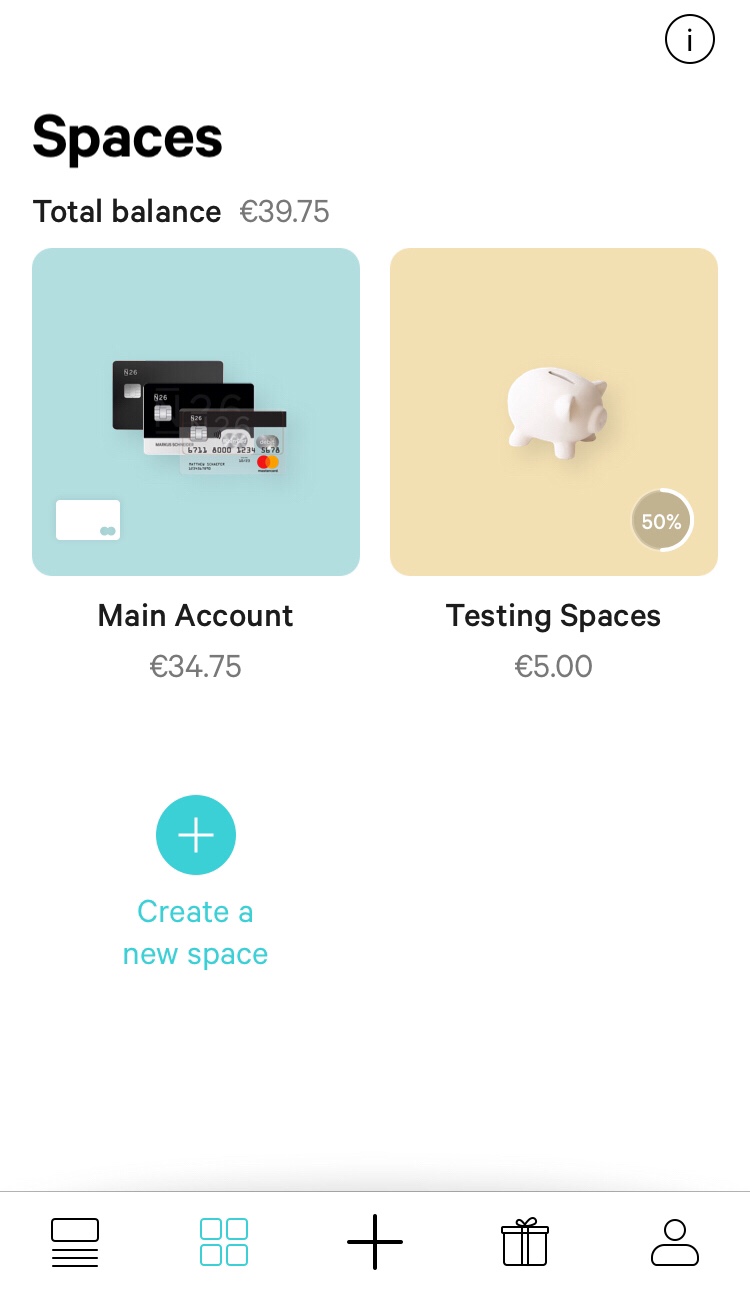N26 recently launched “Spaces”. It is some sort of sub-accounts in your account that you can create and configure to save money in.
While n26 is a leap forward to the German market, for me it is quite disappointing compared to the bank I used in the Netherlands.
Yesterday I realized I can’t edit/delete a scheduled transfer once it is scheduled (unless it is a recurring one). This is scary.
This spaces product is half baked. I can’t automate transfers between spaces making it almost useless and hard to build savings habits.
And the most scary for me was when a friend’s card got hacked, someone withdrew money from India on a Sunday evening, we called the number on the back of the card and guess what? They are off on Sunday. And here is what they say on their support page

Overall my experience with n26 so far is that they invest in those useless user interface changes (spaces, dark themes…etc) without improving the core experience of their banking services. I hope it gets better because right now it is far from my expectations.



